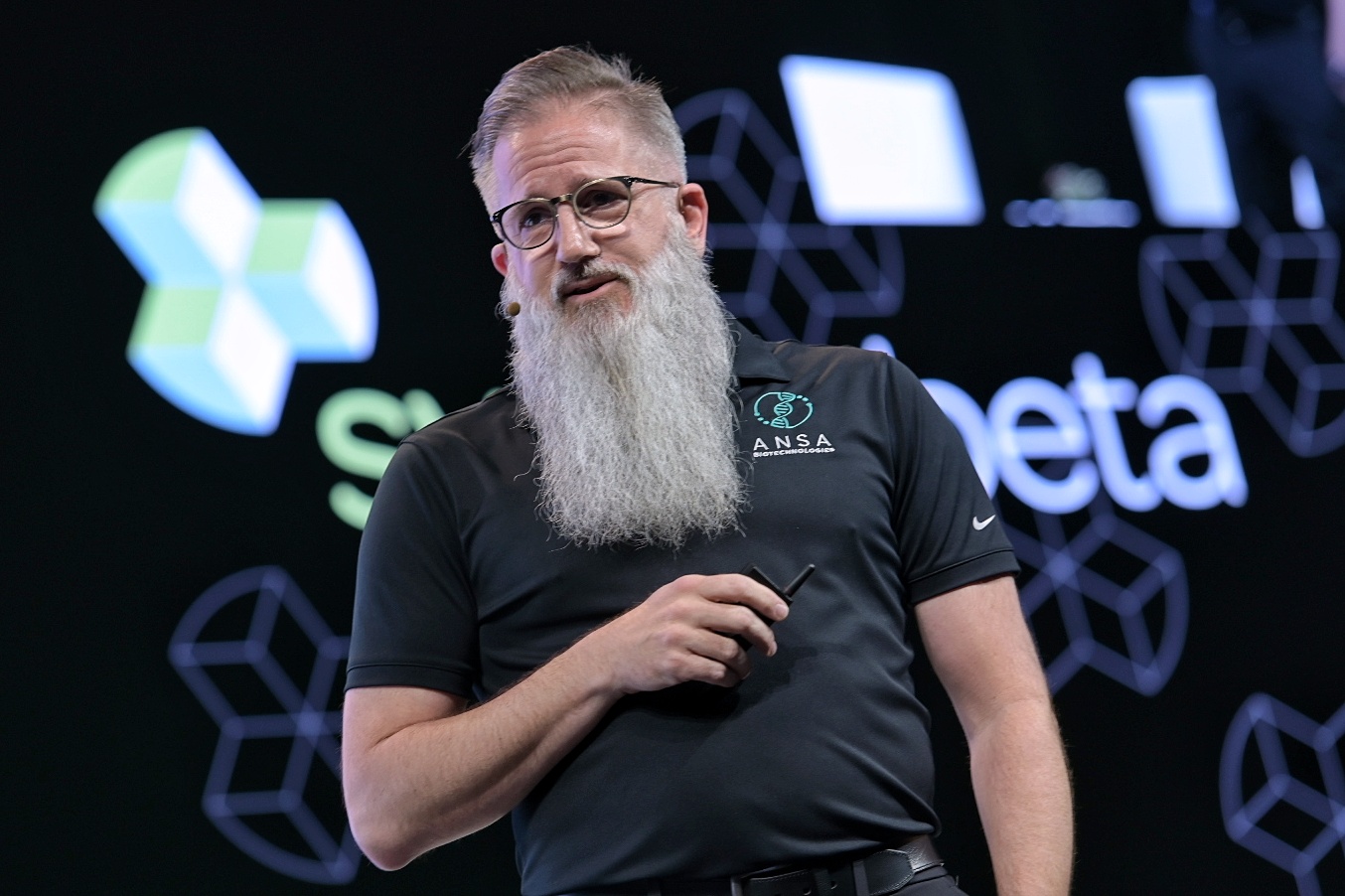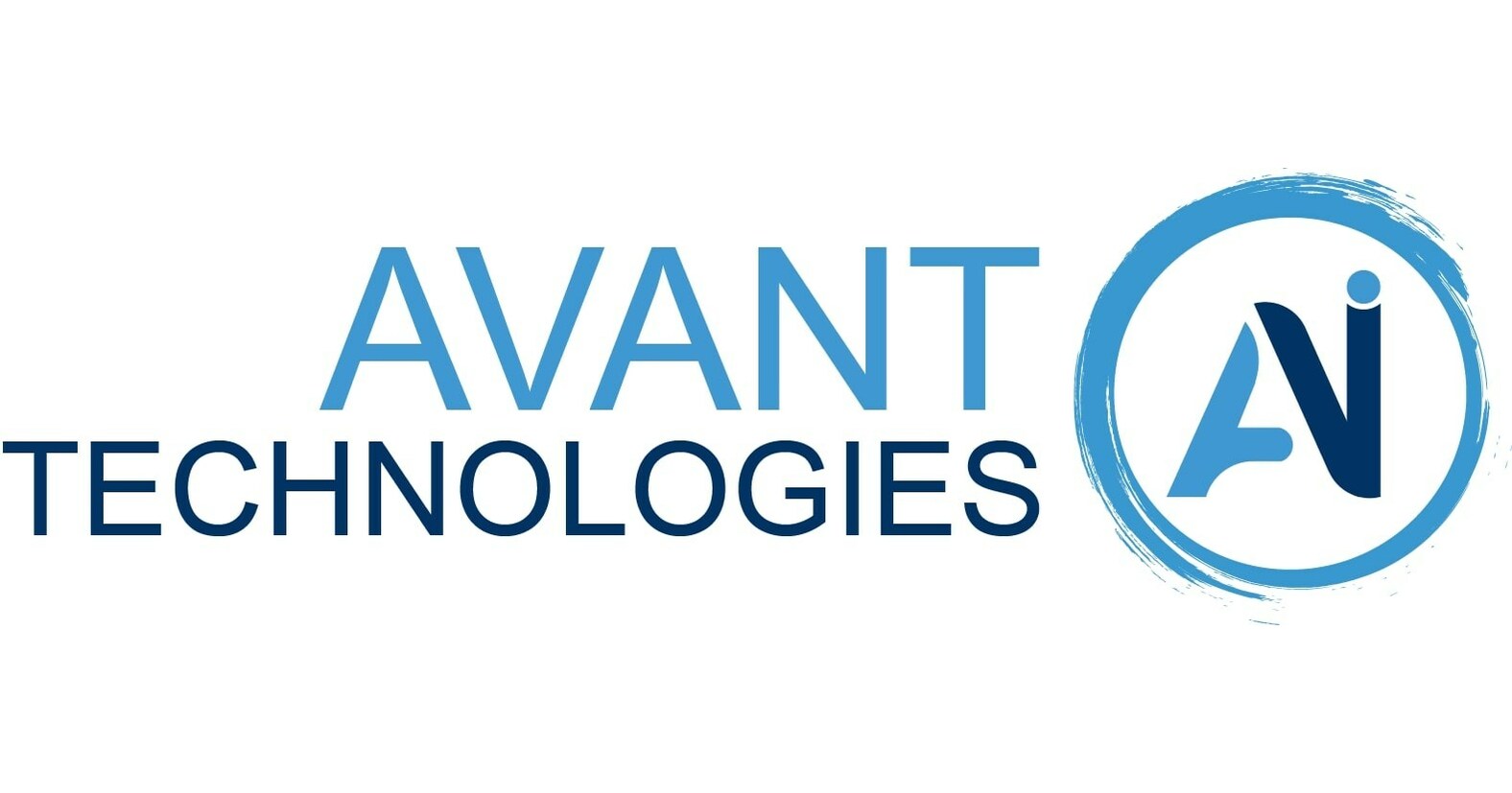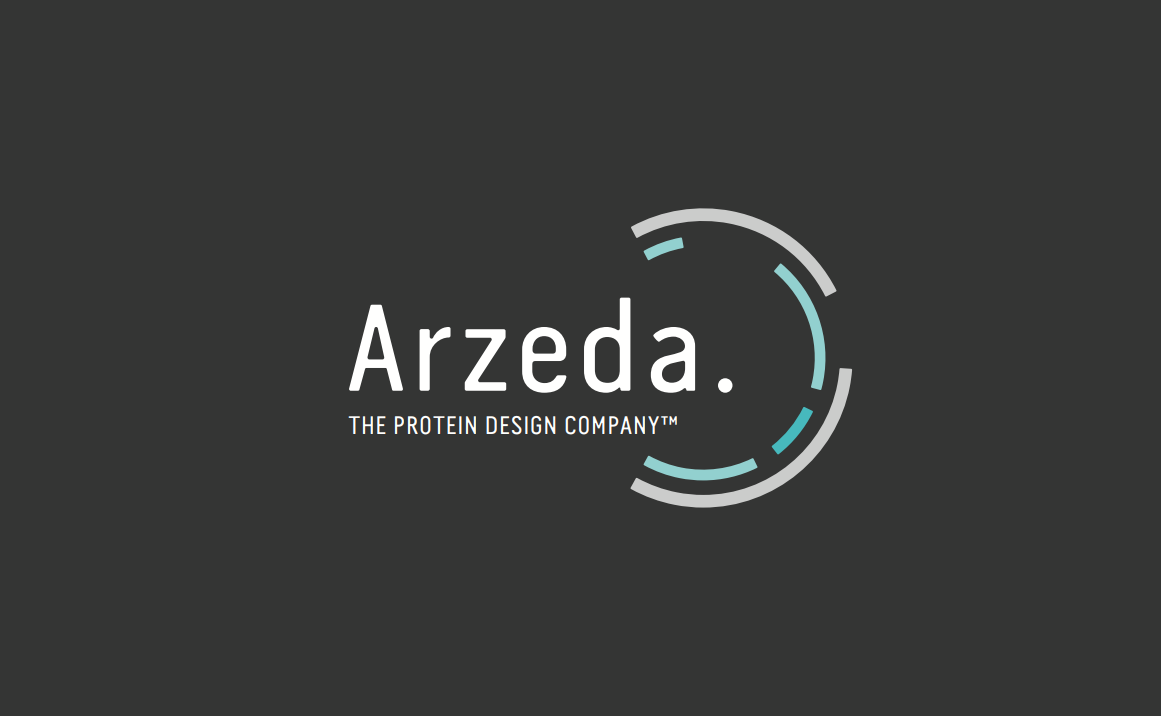
The ingredient driving beauty industry innovation? Biology.
The ingredient driving beauty industry innovation? Biology.
Valued at over an estimated $500 billion today, the beauty industry has been experiencing explosive amounts of growth in recent years. From global trends in K- and J-Beauty, to emerging spaces including Halal beauty and skincare lines for men, beauty brands and manufacturers are acting faster than ever to serve new markets with increasing demands for sustainability, transparency, ethical sourcing, and efficacy in their formulations. And in order to meet these demands, they’re relying on a seemingly unlikely ally: biology.But the little known truth is that beauty already has an impressively long history of being a relatively early adopter of advances in science and technology. Science has enabled the unlocking of chemically synthesized ultramarine for blue pigments - previously considered to be more precious than gold, and priced accordingly - in color cosmetics (blue eyeshadow, anyone?), and the development of synthetic alternatives to whale-derived ambergris in fragrances. It’s also given us non animal-derived retinoids and hyaluronic acid. And while historically many of these advances have been rooted in chemistry, biology and biotechnology are poised as the innovation toolkits of choice for the 21st century and beyond.

Take the success of Amyris’ trans-β-Farnesene-derived squalane, an ingredient commonly used in skincare formulations as a moisturizer, emollient, and stabilizer (among other things), as one example. When customers began to voice their environmental and ethical concerns around squalane being harvested from shark livers in the mid-2000’s, the industry quickly responded, with brands like LUSH openly adopting a shark-friendly stance, and manufacturers eagerly incorporating Amyris’ shark-free and fermentation-derived alternative in moisturizers, lipsticks, and fragrances. Biology worked behind the scenes to make this sea change possible, seamlessly satisfying an industry need while giving consumers a cleaner and kinder product that they could feel great about using. Those who stuck with the old shark-derived squalane were left looking archaic and inhumane.

In our engagement with customers across the global landscape of beauty, from the establishment to up-and-coming disruptor brands, we’ve experienced firsthand the urgent need for innovative ingredients and technologies which give players in fast-moving industries a competitive edge and a compelling new story to tell. Biology is the answer. In the past two decades alone, and at a pace which continues to accelerate, we’ve made incredible strides in applying biological advances to consumer products which are being embraced by users. Biossance, Amyris’ spinout consumer beauty brand, proudly leads with its tagline of sustainability through biotechnology, and is one pioneer and a triumph of many more to come. We know that brands, manufacturers, and consumers worldwide are eager for more ways to actualize the benefits of biologically-driven products, and we’re already seeing how the technology is touching the worlds of food & beverage, materials, and beyond. Billions of lives, and the planet as we know it, are looking to biologists to deliver now - and the possibilities are both exciting and endless.

For Geltor, the intersections of disciplines including synthetic biology, fermentation, and computational biology in our production platform have brought forth consciously biodesigned ingredients like collagens which surpass their traditional counterparts with unprecedented benefits in biocompatibility, purity, and clinically-proven efficacy. And we’re just getting started. There is something truly remarkable about the way in which thoughtfully applied biodesign can power transformational products that quietly move an industry forward, because they’re just that good. The timing couldn’t be better: the average consumer today is more scientifically versed, ideologically complex, and discerning than even a decade ago, evolving alongside the realities of a changing climate and society. And far from being relegated to the frivolous, the new generation of beauty formulations that include ingredients like Collume™ and HumaColl21™ are setting a new standard in what users expect not only in how their everyday products are made, but in the results they deliver.
About the writers:

Alexander LorestaniAs co-founder and CEO of Geltor, Alex is strongly motivated by the positive impact that biodesign and technological innovation can have on public health and sustainability. Alex became interested in transforming the global protein supply chain as an MD/ Ph.D. student working to solve antibiotic resistance. He studied Medicine at Rutgers University, earned a Ph.D. in Molecular Biology from Princeton University, and holds a BS in Biology from Boston College. Outside the office he enjoys learning new languages and cycling around northern California.

Erin KimErin leads Communications at Geltor, which encompasses media relations, content strategy, and brand management. Prior to joining the team, she spent a number of years on the non-profit side of consumer biology at New Harvest, working closely with researchers and startups to build the field of “cellular agriculture” from the ground up. Erin has also worked in legal advocacy and special education in her hometown of Vancouver, Canada. Erin is moved by foresight; bringing humanity, inclusivity, and authenticity to storytelling around breakthrough technologies; and the power of community for startups and established brands alike. She completed her BA at the University of British Columbia, and a JD at the University of Alberta.



.svg)









-min.png)

.gif)